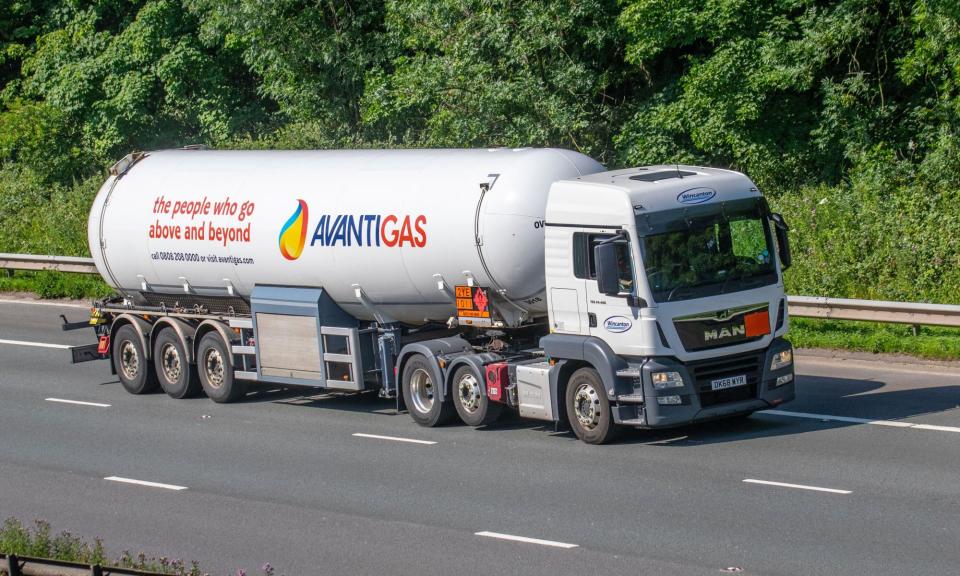Wincanton backs £762m takeover offer from US group GXO

Bosses at the UK haulage company Wincanton have thrown their support behind a £762m takeover offer from the US logistics business GXO and dropped their backing for a rival bid.
Wincanton said on Friday that directors intended to recommend unanimously an offer of 605p a share made by GXO on Thursday. In the latest twist in the takeover battle, the Wincanton board withdrew their backing for an “increased and final cash offer” from Marseille-based CEVA Logistics at 480p a share, announced earlier this week.
The GXO offer is pitched at a 29% premium to the record high share price of 470p reached during the period to 18 January, the last business day before Wincanton received a £567m bid from CEVA.
Wincanton shares were trading at 622p on Friday, sharply above the 297p it was trading at on 18 January.
Although it billed its £600m offer as “final”, CEVA could yet come back with a higher offer. It has four business days from Thursday in which to table an improved bid.
Chippenham-based Wincanton, the last UK-listed logistics company, employs 20,000 people across the UK, shuttling goods around the country for customers such as Asda, Sainsbury’s and Waitrose.
The Wincanton chair, Sir Martin Read, said: “Under the current management team, we have made positive progress and ensured that Wincanton is at the forefront of logistics innovation. The board of Wincanton is pleased that GXO recognises the very significant value inherent in this business and intends to recommend the offer to shareholders for their consideration.”
The bidding battle comes as a string of other UK-listed companies face takeover bids.
The electronics retailer Currys has rejected two bids from the US investment group Elliott Advisors, which owns Waterstones. After Elliott’s first bid, the Chinese online retailer JD.com also said it was considering making an offer for Currys.
Also this week, the insurer Direct Line said it had rebuffed a “highly opportunistic” offer from its Belgian rival Ageas that valued it at £3.1bn.
The head of money and markets at Hargreaves Lansdown, Susannah Streeter, said: “The swoop on UK targets by overseas companies is evidence that UK assets are considered to be cheap, still weighed down by the weaker pound, the struggling UK economy and to some extent, the lingering impact of Brexit. It’s understandable that worries have been swirling about the takeovers of London-listed companies given the number of big deals agreed in recent years.
“The cheeky offers are likely to keep coming and although ultra-low offers will be rejected, boards and shareholders, who are dissatisfied by the low valuations which their companies have been languishing under, appear willing to accept improved offers, even if they are still priced relatively cheaply.”
She added that the London market needed “a big dose of revitalisation” and the government could take measures in next week’s budget to help with this.
“Halting planned cuts to dividend tax and capital gains tax thresholds would help support investors to make the most of their commitment to British firms. Cutting stamp duty on share purchases would also help ease the burden on investors. Increasing the Isa allowance would automatically increase investment in the UK because there is a major home bias among Isa investors.”

 Yahoo Finance
Yahoo Finance 